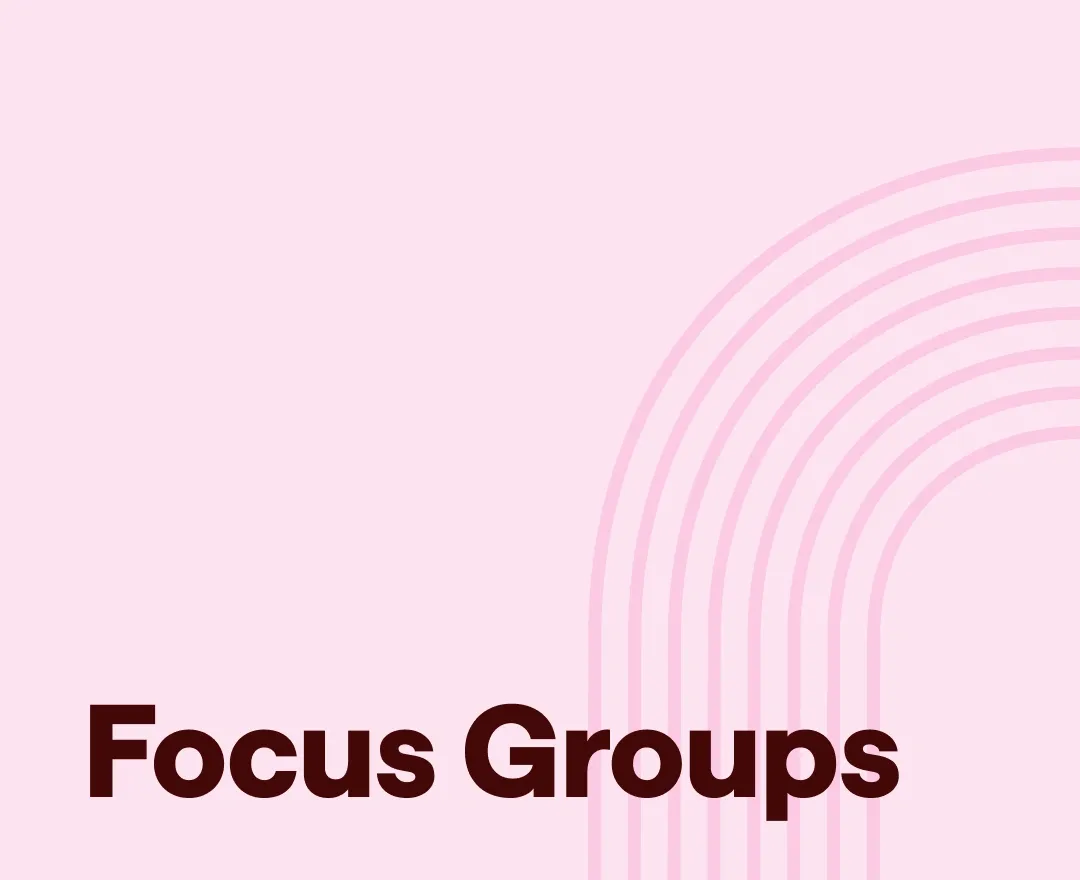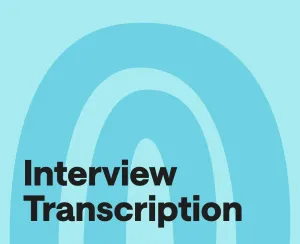A focus group interview is a form of qualitative research that gathers non-numerical data and focuses on conceptual matters like someone’s attitude towards a challenge or the way they think to come up with a solution.
Focus group interviews are conducted with a group of 4-10 people who are asked questions about a particular topic.
If you want to start focus group interviews for any reason, consider a multitrack recording studio, which is one of the top focus interview options nowadays.
Read on. This post is going to provide you with the best tips if you want to run fulfilling focus group interviews.
What Are Focus Group Interviews And Why Should You Conduct Them
A focus group interview is a qualitative research method used to collect data through open-ended, guided discussions among a group of people who are carefully selected to be representative of the target population.
As we said earlier, this kind of interview is conducted between 4 to 10 people. However, it is better to keep it between 4 to 8 participants for more exposure and time per participant.
Focus group interviews are an important tool for market research, as they provide insights that cannot be obtained through other methods like surveys or interviews with individual respondents.
When done well, they can provide rich data that can help businesses make better decisions about product development, content marketing, and sales strategies.
Focus group interviews are a valuable method in descriptive research as they enable researchers to explore participants' perceptions, attitudes, and experiences in a group setting, providing a comprehensive and nuanced understanding of the target population's perspectives.
This kind of interview is used for market research to shape a better understanding of consumers' reactions to products or services, or participants' perceptions of shared experiences.
Focus groups provide a more natural setting for exploring respondents’ views and allow for interaction among participants.
On the other hand, compared to individual interviews, focus groups are less effective at attaining maximum depth on a SINGLE subject.
Focus Group Interview Objectives
The moderator of the focus group interview leads the discussion, asking questions and probing for a deeper understanding of the topic. The aim is to generate in-depth insights from the participants about their attitudes, beliefs, behaviors, and experiences related to the topic at hand.
Focus Group Interviews in Marketing
When it comes to marketing, focus group interviews can be a valuable tool. By bringing together a small group of people and asking them questions about a product or service, businesses can get valuable feedback that can help shape their marketing strategy.
Here are a few things to keep in mind when conducting focus group interviews:
First, it's important to have a clear objective for the meeting. This will help guide the conversation and ensure that all the participants stay on track.
Second, it's important to choose participants who are representative of the target audience. This will help ensure that the feedback is relevant and useful.
Finally, it's important to ask open-ended questions that encourage participants to share their thoughts and opinions.
By following these simple tips, businesses can make the most of focus group interviews and gain valuable insights into how to best market their products or services.
Podcastle is the Best Way to run a Focus Group Interview
Podcastle is an all-in-one recording and editing tool that helps you run the best focus group interviews.
This platform has lots of amazing features, and one of them is managing focus group interviews.
Thanks to its group recording functionality, Podcastle allows the recording of different people in the same room without compromising on the recording quality of each interviewer. Though everyone is in the same room, you can connect a sound card or multiple USB microphones to the recording device, and Podcastle will automatically record them into separate tracks!
Check Podcastle’s multitrack recording feature now!
Tips to Run a Successful Focus Interview
To run a successful focus interview, make sure to follow these tips:
1) Choose your topic of interest in advance
2) Define your research scope and hypotheses
3) Determine your focus group questions
4) Select a moderator or co-moderator
5) Recruit your participants
6) Use the intelligent third-party app
Frequently Asked Questions
Here are the answers to questions you may still have!
#1. What is an example of a Focus Group Interview?
A focus group is a small group discussion led by a trained facilitator. It is used to learn about opinions regarding a specific topic, and to guide future action. Examples: A focus group of parents of preschoolers may meet to discuss childcare needs.
#2. How Can I Prepare for a Focus Group Interview?
1) Ensure confidentiality
2) Start with a proper introduction of the interview goal and topics
3) Establish agreements
4) Ensure questions are fully answered by participants
5) Be comfortable with silence participants may sometimes need to think about the questions
6) Go with the predetermined flow to ensure you ask all your questions
7) Ask clarificatory questions if participants give vague answers.
#3. How Can I Run a Good Focus Group Interview?
Ensure there is good recording software in place so that you can listen to the participants’ answers and analyze everything in detail later. By using a reliable and organized tool like Podcastle you can run a successful focus interview.
#4. Why are Focus Group Interviews Beneficial?
Focus groups are one of the most effective methods to exchange ideas with your target audience and develop a better understanding of your customers’ needs. In a traditional face-to-face meeting, it can be harder to reveal your customers’ thoughts. In addition, focus groups often cost much less than personal interviews.







